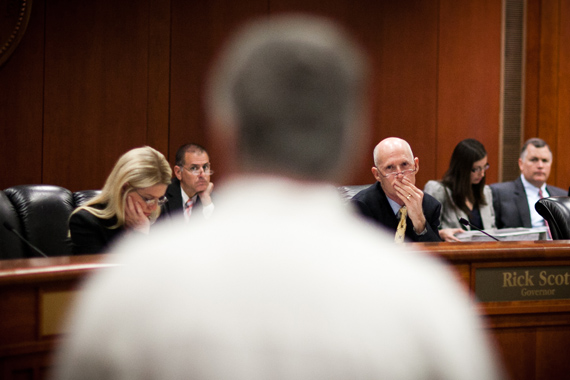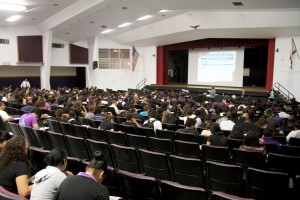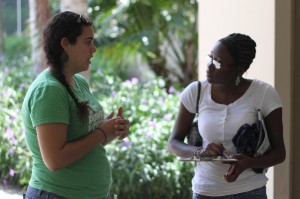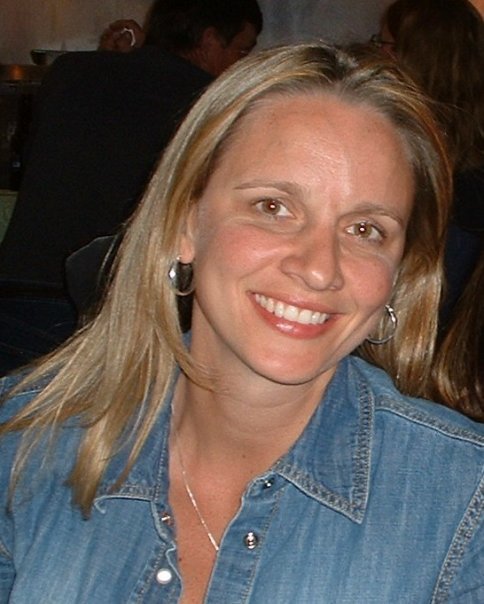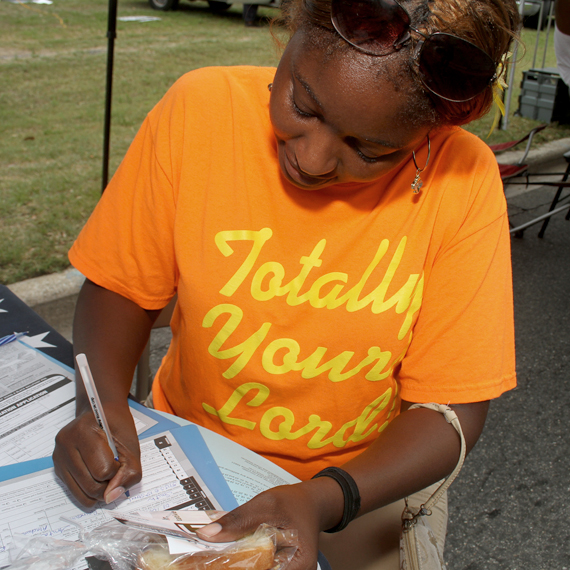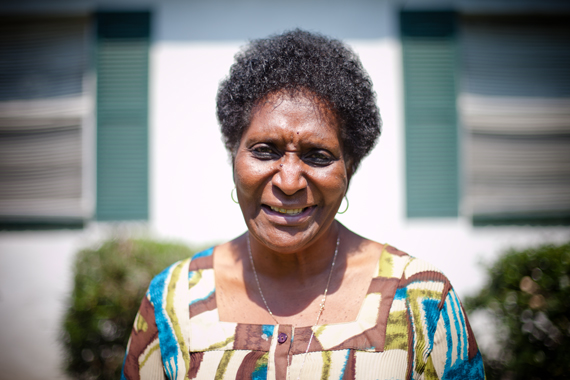
Lillian Johnson, director of the Havana Learning Center, gives felons and community members who are down on their luck, a place to come together to look for work and get back on their feet. Photo by Michael Ciaglo/News21
Lillian Johnson is the founder and director of Havana (Fla.) Community Technology and Learning Center Inc. She works with felons by helping them find jobs.
“I think that after they’ve done their prison time, when they walk out of that door, they should be free citizens, right then. They should be able to have everything that they had before they went in,”Johnson said. “They’ve done the time for the crime that they’ve done. They should be free.
“They should be able to come right back out and pick up where they left off at — to be able to vote, especially. Because at this time, it’s critical. It’s critical. Do you realize how many prisoners come out and they can’t vote?”
By Andrea Rumbaugh, News21

